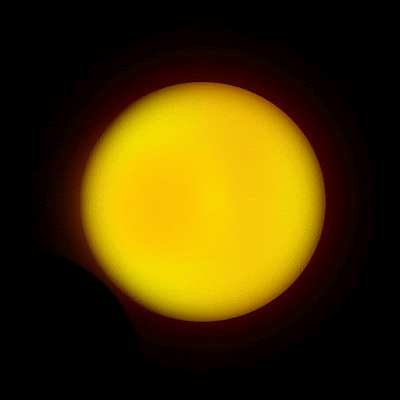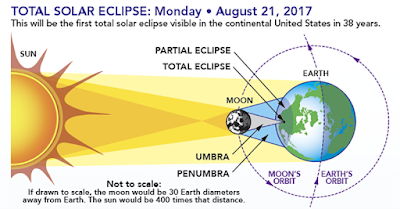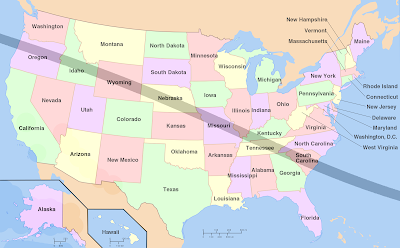 |
Your Daily English Programme #32 - Total Solar Eclipse (Listening B2-C1) |
Welcome to #Week9 on Engramme: Your Daily English Programme, where we present you with an ongoing interesting story every weekday. Today, we're looking at a super exciting but rare celestial event...
 |
Think Before You Listen |
Look at the Photo: Do you know what this event is called in English? Have you ever witnessed one where you live? (tell us about your experience in the comments section)
 |
| Source: wikimedia.org |
A solar eclipse is an event in which the Moon, fully or partially, blocks the Sun as it passes between the Earth and the Sun. When a New Moon comes between the Sun and the Earth, it casts the darkest part of its shadow (called the 'umbra') on earth.
 |
| Source: science.dodlive.mil |
 |
| Source: wikimedia.org |
 |
Watch and Listen |
Watch the First 1 Minute: According to the narrator, what makes eclipses predictable for astronomers?
 |
Let's Practice |
Listen to the Rest of the Documentary: There is 1 mistake in each of the sentences below: Can you find and correct them1?
1. The first and most spectacular is a
total eclipse, when the Moon partially covers the Sun's surface.
2. While a total solar eclipse happens
somewhere on Earth every two years, any given point on Earth experiences the
event only about once every 400 years.
3. Looking directly at the Sun even
during an eclipse can cause momentary eye damage.
4. You can also look at the Eclipse directly
by making a pinhole viewer.
5. These remaining brilliant shafts of
light, known as Baily's beads, will disappear all at the same time.
6. At this point, all of the Sun's
rays are reaching your eyes and it's the only time that it's safe to take off
your glasses.
7. While an eclipse can last a few
hours, totality typically occurs for less than thirty minutes.
8. The Moon moves about one hundred
twelve inches away from Earth each year.
|
(click to see the full script with highlighted answers)
 |
Over to You |
Why do you think people in the past were afraid of eclipses? [Do a little online search and write a paragraph explaining the results of your research]
Great Job! You've successfully completed another lesson in the Engramme Series: English Every Day. If you liked this content, click the buttons below to share it with your fellow learners.
To Review the Vocabulary from this post, go to this link
Click here for a print-friendly Teachers' Copy to use in the classroom
Did You Notice? If you move your mouse over the underlined words in the post, you can see their meaning and more ;)
1 The point of this activity is to help you realize that you do not always have to know all the words in a listening/reading passage to understand it or to respond to specific test questions. Some questions, such as in here, may only require you to catch the key points/details of a passage and ignore the rest. This will also help you raise your degree of comprehension over time.↩
No comments:
Post a Comment